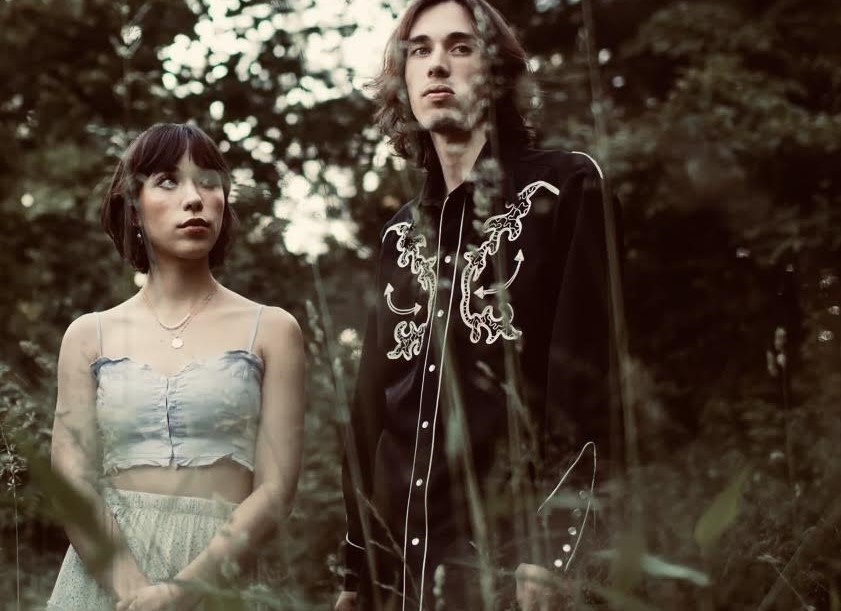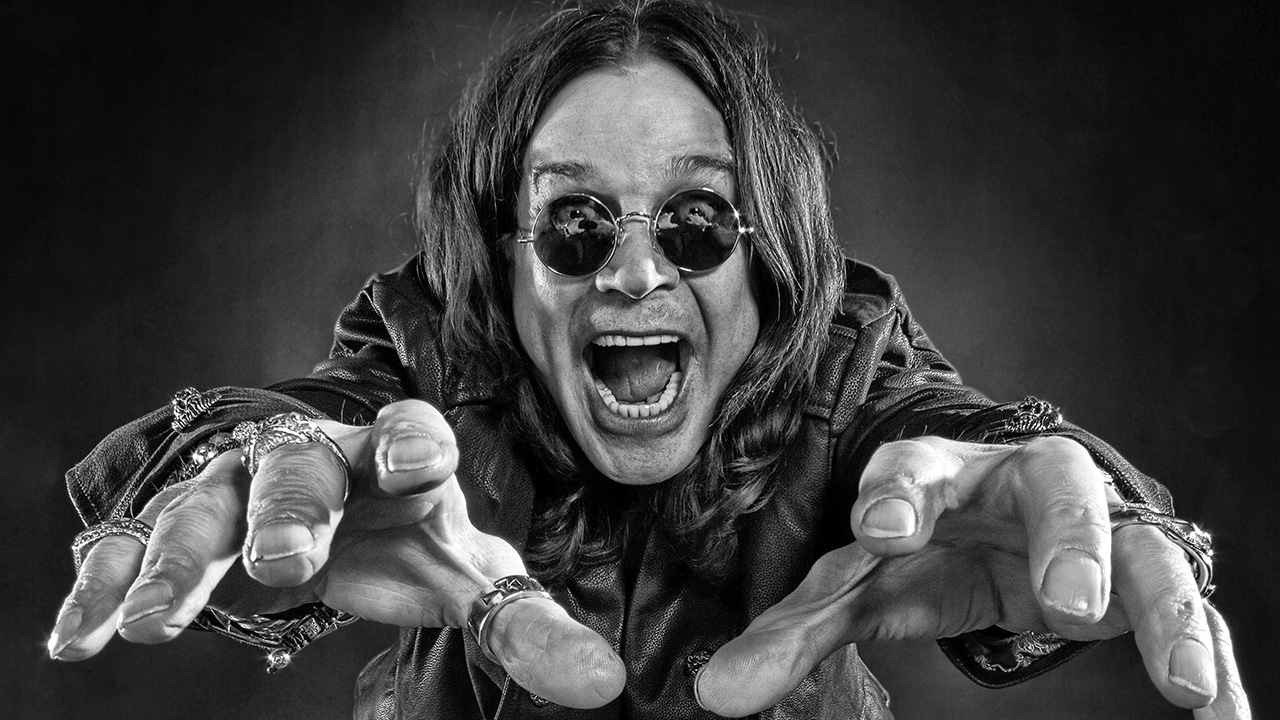All she is saying is give art a chance.
Sandwiched weeks between John Lennon’s 65th birthday and the 25th anniversary of his murder, Yoko Ono wants Madison to enjoy her husband’s artwork, which showcases his playful and political drawings. More than 100 pieces will be displayed at UW-Madison’s Red Gym, next to Memorial Union, and feature many colorized reproductions, some prints signed by Lennon and a few original works.
A suggested $2 donation allows entry to “Come Together,” the Ono-approved Lennon art exhibit where his legendary tunes blare in a makeshift gallery from Friday through Sunday. There’s also a profit motive: Copies of the works will be for sale beginning at $200.
Friendly and gracious, Ono, now 72, reflected on Lennon’s life – and her own tumultous times – in a recent phone interview.
Wisconsin State Journal: Many fans like to think if John was alive that he would be recording albums and speaking out against the war – or would he have stepped out of the limelight?
Ono: Well, there are so many young musicians who are sort of carrying his spirit and really speaking out. But you know how John was. If he was here, he would be doing it. He couldn’t stop doing it.
WSJ: Will the 25th anniversary of John’s death (on Dec. 8) be particularly difficult for you or does time cloud that?
Ono: It’s a very strange thing. It doesn’t cloud the issue that he’s not here. He was here physically with me. I miss him that way. At the same time, I look back at 25 years and because of the work I’ve done I feel as though he’s kind of surrounding me now. It’s a nice, warm feeling that we’re together still.
WSJ: Does the pain of grief ease?
Ono: (John and Yoko’s son) Sean was blocking it all this time. Just recently he finally wrote a song talking to John – a tribute to John. The (anniversary) kind of unblocked it for him in some ways and it became easier for him to write something. He couldn’t have done it before.
In my case, I think I’m trying to turn a very negative situation to something positive for myself, for my son and for the world. (pause) It’s pretty hard.
WSJ: What’s the biggest misperception about you?
Ono: If you think I was a dragon lady, well, you know … It’s a blessing because dragons are very mystic and strong animals.
WSJ: I saw Paul (McCartney) in concert recently. He did a tribute to John between songs. How much chilliness is there between Paul and you?
Ono: I don’t think there’s any chilliness between us. It’s just something that people like to see us in a boxing ring. They did that with Linda (McCartney) and me, too. But Linda and I laughed about it.
Sometimes you’ll get a spunky news report (about Paul and Yoko) instead of saying they were very nice to each other. I really wish him well in his concerts and his new album. He’s a great, great songwriter and singer. It’s very important that he’s around.
WSJ: How do you feel at 72?
Ono: I’m healthy. It’s kind of surprising. Maybe I also had the same prejudice as most people have about age. When I became 70, that changed. In a way, I think of every day as a bonus.
WSJ: What should patrons look for in John’s art to help us appreciate it?
Ono: The thing you’ll notice is he was being himself. He was not trying to be Van Gogh or Picasso or whoever. When you see it, you can think, “I can be myself, too.” Don’t ask one hero to do something. We all have to be the hero of our lives. That’s what the message is really.
WSJ: How would you like to be remembered?
Ono: I sort of gave up on being remembered as what I am really. I ask you to remember me kindly.



